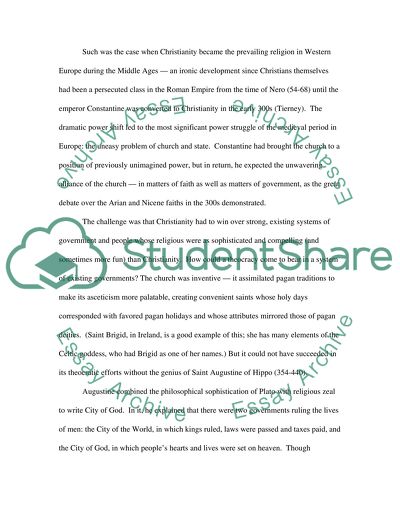Cite this document
(Comparison of Two Medieval Theocracies Essay Example | Topics and Well Written Essays - 1250 words, n.d.)
Comparison of Two Medieval Theocracies Essay Example | Topics and Well Written Essays - 1250 words. Retrieved from https://studentshare.org/history/1548697-comparison-of-two-medieval-theocracies
Comparison of Two Medieval Theocracies Essay Example | Topics and Well Written Essays - 1250 words. Retrieved from https://studentshare.org/history/1548697-comparison-of-two-medieval-theocracies
(Comparison of Two Medieval Theocracies Essay Example | Topics and Well Written Essays - 1250 Words)
Comparison of Two Medieval Theocracies Essay Example | Topics and Well Written Essays - 1250 Words. https://studentshare.org/history/1548697-comparison-of-two-medieval-theocracies.
Comparison of Two Medieval Theocracies Essay Example | Topics and Well Written Essays - 1250 Words. https://studentshare.org/history/1548697-comparison-of-two-medieval-theocracies.
“Comparison of Two Medieval Theocracies Essay Example | Topics and Well Written Essays - 1250 Words”, n.d. https://studentshare.org/history/1548697-comparison-of-two-medieval-theocracies.


